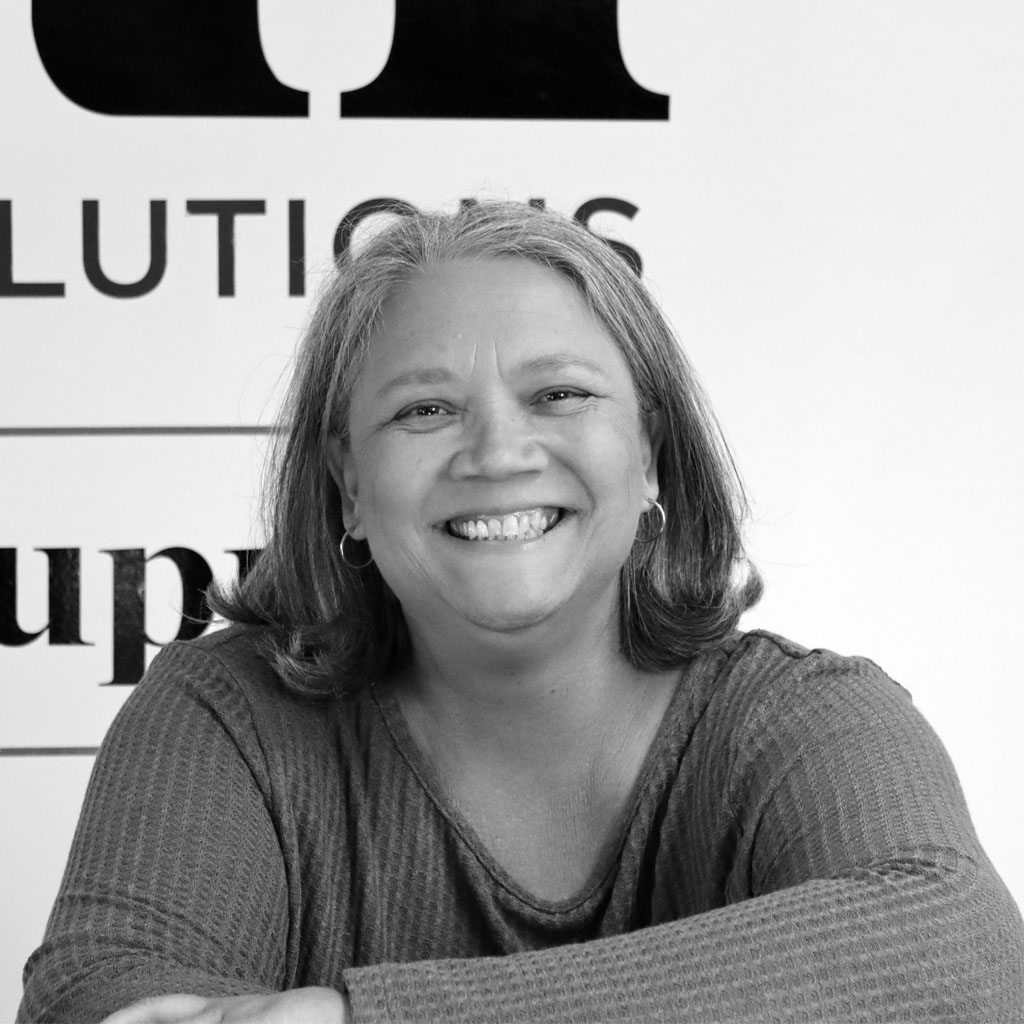If you’re a freelance musician, you’ll probably be leading a pretty hectic life. A professional violinist can be recording a new commission in London, playing with a major orchestra in a live concert, making up a string quartet for a commercial engagement and working as a peripatetic music teacher – often all in the same week. A guitarist could be splitting time between any number of different bands for studio sessions, gigs, weddings and private parties.
Competition is intense, there’s usually a great deal of travel involved and, in between engagements, musicians will need to put in hours of practise learning new music, often to tight deadlines. If you’re not extremely organised, bookkeeping can easily get put off until it becomes overwhelming, which is enough to make any musician ‘quaver’ with stress or become quite ‘crotchety’ . . .

HMRC provides tailored guidance for performers within the entertainment industry as it can be difficult to draw a line between employed and self-employed work. It suggests that possible indications of self-employment for performers could include:
- An itinerant pattern of work
- Steps being taken to build a business, such as hiring an agent, joining Equity, using a casting directory and obtaining insurance
- A high degree of control over the work performed, in terms of artistic interpretation as opposed to content
- Costs incurred without guarantee of work, such as travel to auditions
- Provision of own equipment
A freelance musician starting off in the industry must register as self-employed and report all income to HMRC in an annual tax return. For the first tax year in which you become self-employed, tax won’t normally need to be paid until 31 January after the end of that year. After that, tax will usually be paid in two instalments on 31 January and 31 July.
For the tax year 2023/2024, self-employed musicians earning less than £6,725 can claim a small earnings exemption – although you may prefer to make contributions to maintain your state pension benefits. If you earn less than £12,570 you will not be liable for income tax.
It’s important for musicians to lower their tax bills by claiming all relevant expenses. This is where methodical bookkeeping is important, as filing receipts and other paperwork will save time when your tax return is due.
Expenses which can be claimed include:
- Clothes and footwear worn on stage, but only if you don’t wear them elsewhere, including the laundry or dry cleaning for them
- Overnight accommodation and subsistence if travelling for a concert or other booking
- Repair of an instrument
- Hire of instruments, venues or recording equipment
- Insurance for instruments
- Purchase of all music
- Purchase of small items such as resin, guitar strings, reeds for woodwind instruments, xylophone mallets, and music stands
- Travel, although this is a grey area, as if you travel frequently to a particular venue, it might be classed by HMRC as your regular place of work
- Stationery, postage and business telephone calls
- Professional subscriptions such as membership of the Musicians’ Union or to a music magazine
Instruments played by professional musicians are likely to be extremely expensive to purchase. As such, they can be treated as a capital allowance, which allows a taxpayer to get tax relief on major capital expenditure by deducting it over a period of time from annual taxable income.
The nature of a freelance musician’s work, with extensive travel to multiple places, numerous individual contracts and the resulting mound of paperwork, means that staying on top of bookkeeping can be onerous.
At AMR Bookkeeping Solutions, we work with many freelancers and are experienced in the challenges they face. Contact us on 01892 559480 or check out our website, and ensure your musical bookkeeping is ‘legato’ rather than ‘agitato’!









